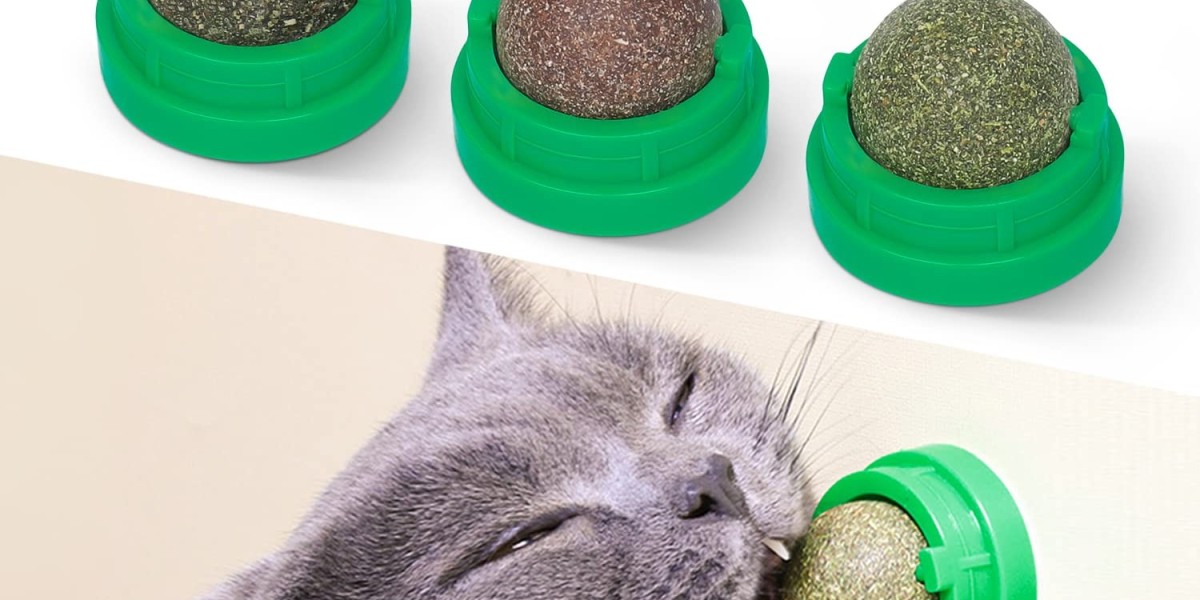interactive cat toys are designed to stimulate your cat’s natural instincts to hunt, pounce, and explore. Unlike traditional toys, interactive options require your cat's participation, providing mental and physical enrichment. Here’s a comprehensive look at interactive cat toys, their benefits, and some popular types to consider for your feline companion.
1. The Importance of Interactive Play
Interactive play is crucial for your cat's overall well-being. It helps prevent boredom, reduces destructive behavior, and promotes physical exercise. Cats are natural hunters, and interactive toys allow them to engage in activities that mimic their hunting instincts. This playtime can also strengthen the bond between you and your pet, leading to a happier and healthier cat.
2. Benefits of Interactive Cat Toys
Physical Exercise: Many interactive toys encourage your cat to move, jump, and run, which is essential for maintaining a healthy weight and muscle tone.
Mental Stimulation: These toys challenge your cat’s mind, helping to keep them sharp and preventing cognitive decline as they age.
Reducing Boredom: Cats can become bored easily, leading to unwanted behaviors. Interactive toys provide ongoing entertainment, keeping your feline friend engaged.
Stress Relief: Playing can help reduce anxiety and stress in cats, making them more relaxed and content in their environment.
3. Types of Interactive Cat Toys
Here are some popular categories of interactive cat toys:
A. Laser Pointers
Laser pointers create a fast-moving dot of light that cats love to chase. This encourages them to run and pounce, satisfying their hunting instincts.
Tips: Always avoid shining the laser directly into your cat's eyes. It’s also helpful to end the play session by directing their attention to a tangible toy they can "catch."
B. Electronic Toys
These toys often move unpredictably or make noises to capture a cat’s interest. They can include battery-operated mice, robotic toys, or toys that mimic the movement of prey.
Examples: Automatic feather wands, moving mice, and balls that roll around on their own.
C. Puzzle Toys
Puzzle toys require cats to solve a challenge to access treats or food. These toys stimulate their brains and encourage problem-solving.
Examples: Treat-dispensing balls, puzzle feeders, and interactive mats with hidden compartments.
D. Wand Toys
Wand toys consist of a long stick with a string or feather attached, allowing you to move the toy in various ways. This encourages your cat to leap and chase, simulating the hunt.
Tips: Engage in play with your cat using a wand toy for interactive sessions, which can be both fun and beneficial for bonding.
E. Track Toys
Track toys feature a ball or toy that moves around a circular track. Cats can bat at the ball, and the enclosed design keeps it from rolling away.
Examples: Circular tracks with balls or multi-layered designs where balls can roll between levels.
F. Catnip-Infused Toys
Many interactive toys come infused with catnip, adding an extra layer of excitement. The scent of catnip can stimulate your cat and encourage play.
4. DIY Interactive Cat Toys
If you’re feeling crafty, you can create your own interactive cat toys at home using everyday materials:
Cardboard Boxes: Cut holes in a cardboard box to create a fun hiding spot for your cat to explore. You can hide treats inside to encourage interaction.
Sock Toys: Fill an old sock with catnip, tie it off, and let your cat enjoy a homemade toy.
Paper Balls: Crumple up paper into a ball for a simple, engaging toy that many cats love to chase.
5. Choosing the Right Interactive Toys
When selecting interactive cat toys, consider the following:
Safety: Ensure toys are made from non-toxic materials and do not have small parts that could be swallowed.
Size: Choose toys that are appropriate for your cat's size and age. Kittens may prefer smaller toys, while larger cats may enjoy more substantial options.
Engagement Level: Observe your cat’s play style and preferences to select toys that will keep them engaged.
6. Tips for Successful Playtime
Regular Play Sessions: Schedule daily playtime with your cat using interactive toys to keep them active and stimulated.
Vary Toys: Rotate different toys to keep playtime fresh and exciting, preventing boredom.
Observe Reactions: Pay attention to which toys your cat enjoys the most and use that information to guide future purchases.
Conclusion
Interactive cat toys are an essential part of keeping your feline friend happy, healthy, and engaged. By incorporating a variety of these toys into your cat's playtime routine, you can stimulate their natural instincts, promote exercise, and strengthen your bond. Whether you choose to purchase high-quality interactive toys or create your own at home, the joy and enrichment they provide will be well worth the effort.








